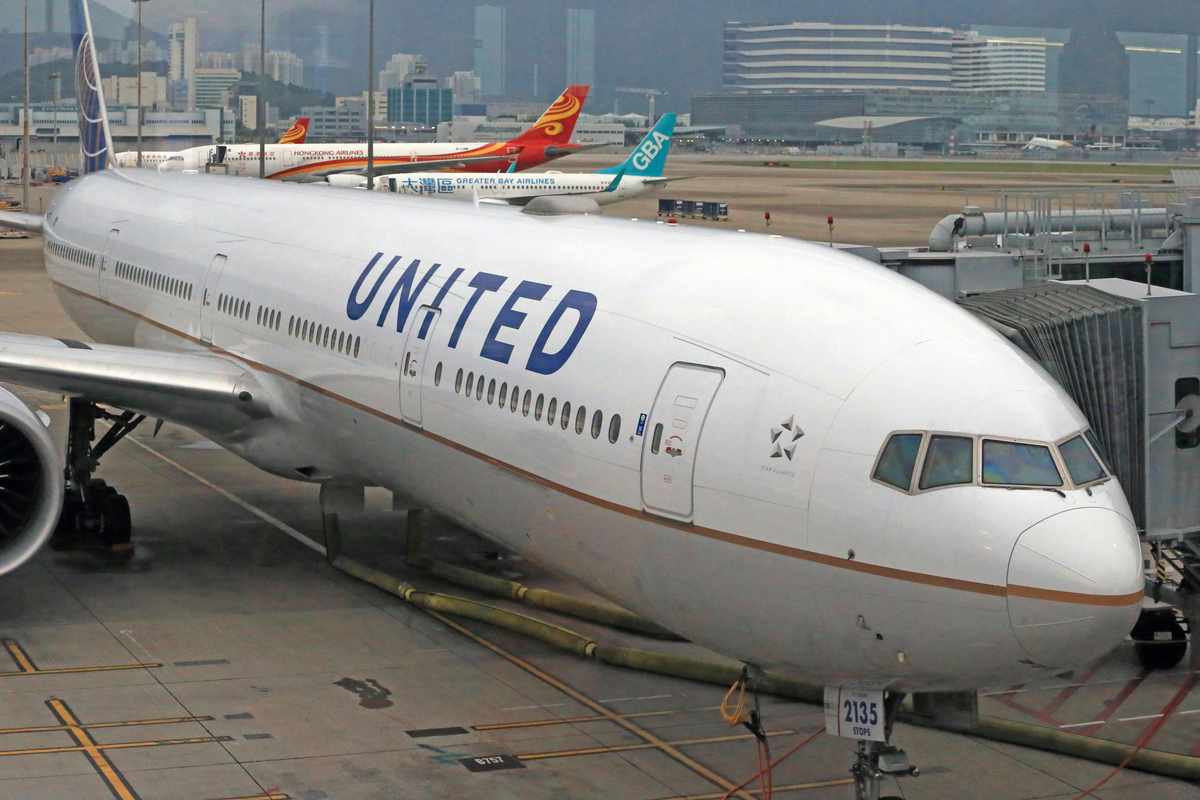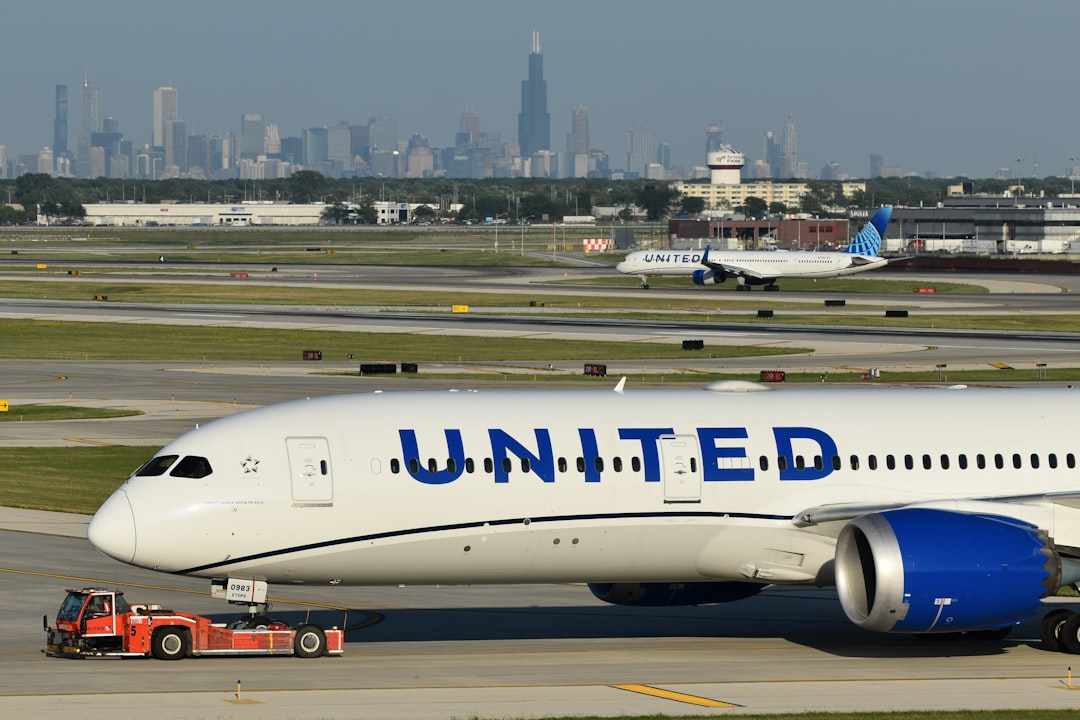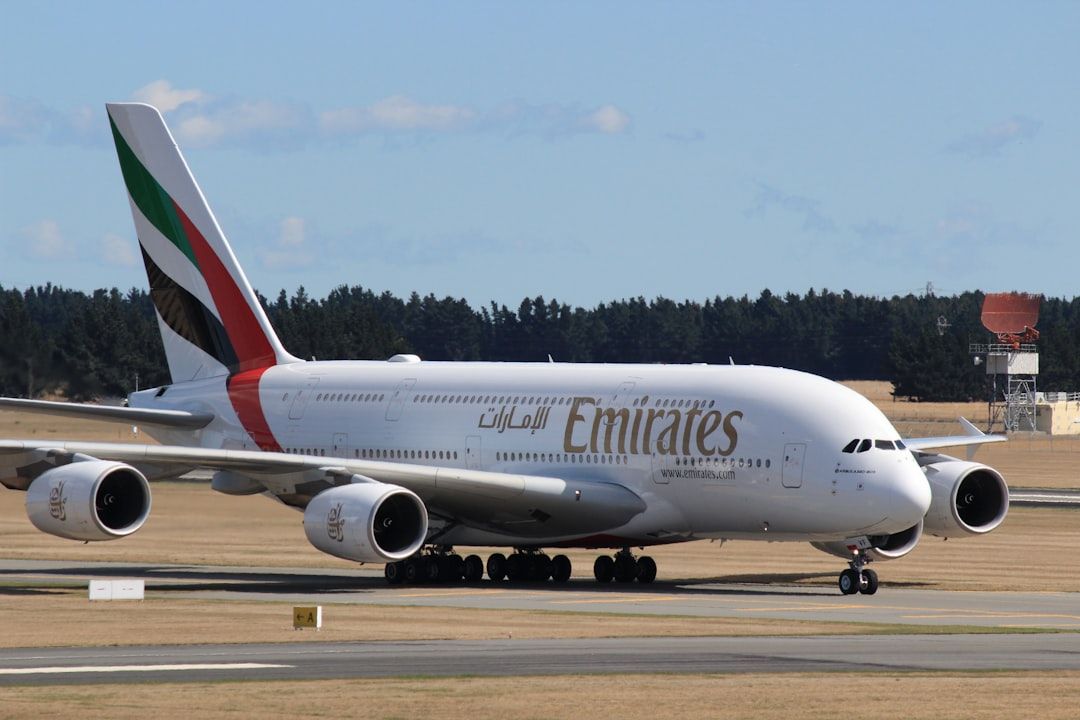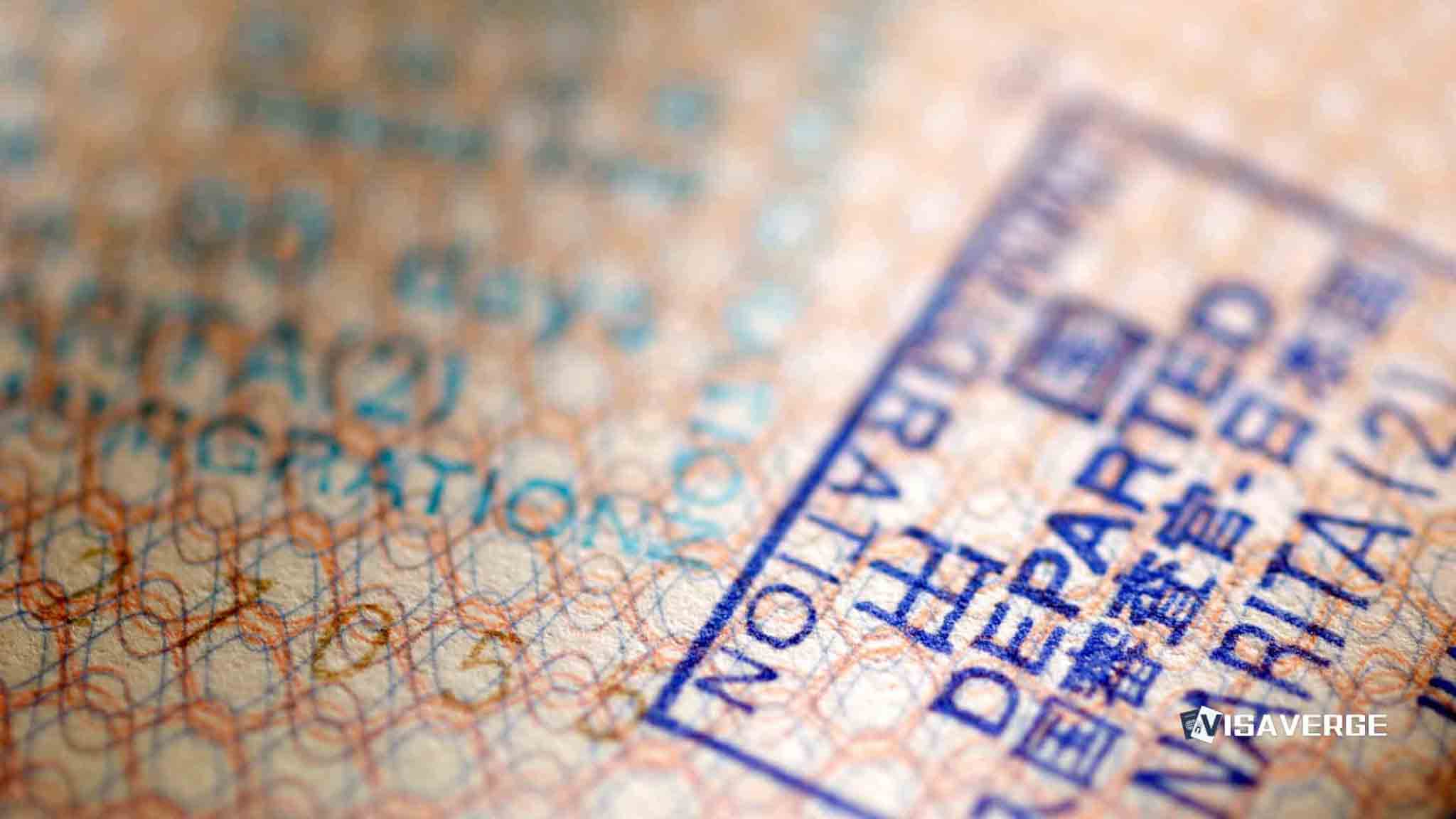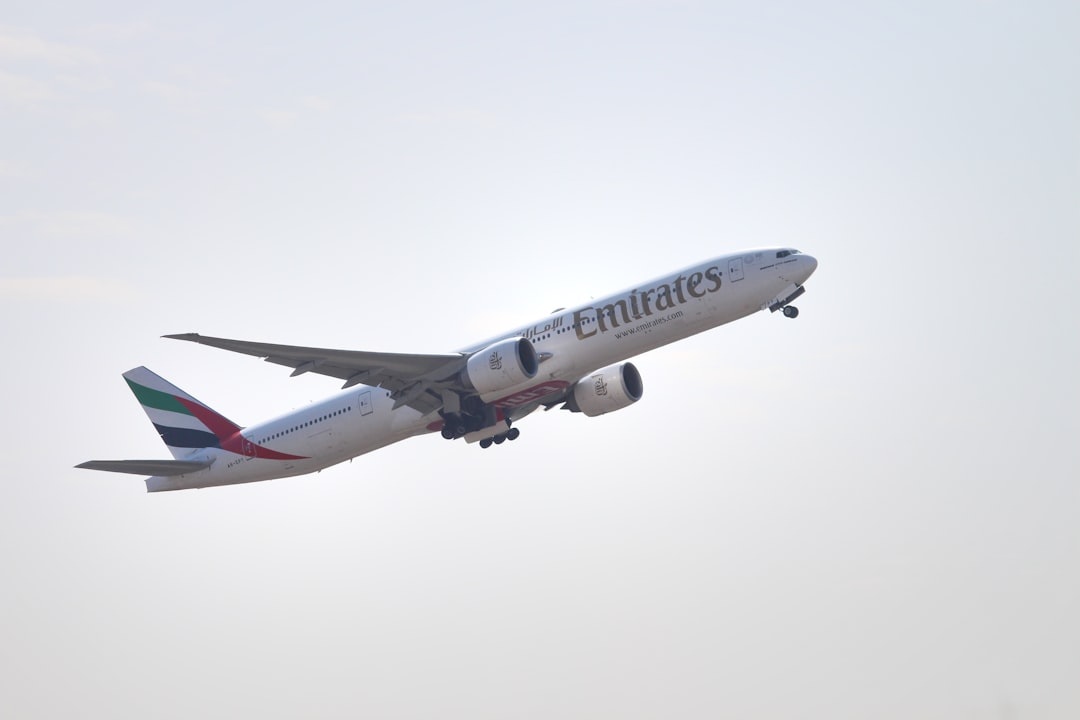Understanding the Shift in US Policy: A Closer Look at Chinese Student Deportations and Visa Revocations
In recent times, a significant alteration in the United States’ immigration policy regarding Chinese students has become more apparent. The Chinese Foreign Ministry’s response to the deportation of a Chinese student from the United States last week marked another chapter in the tale of evolving US-China relations. The student, after being detained and questioned for over 20 hours by US border control staff at San Francisco International Airport, saw their visa revoked “groundlessly.” This incident wasn’t isolated, as there has been at least one more similar case addressed by the ministry in the past two months.
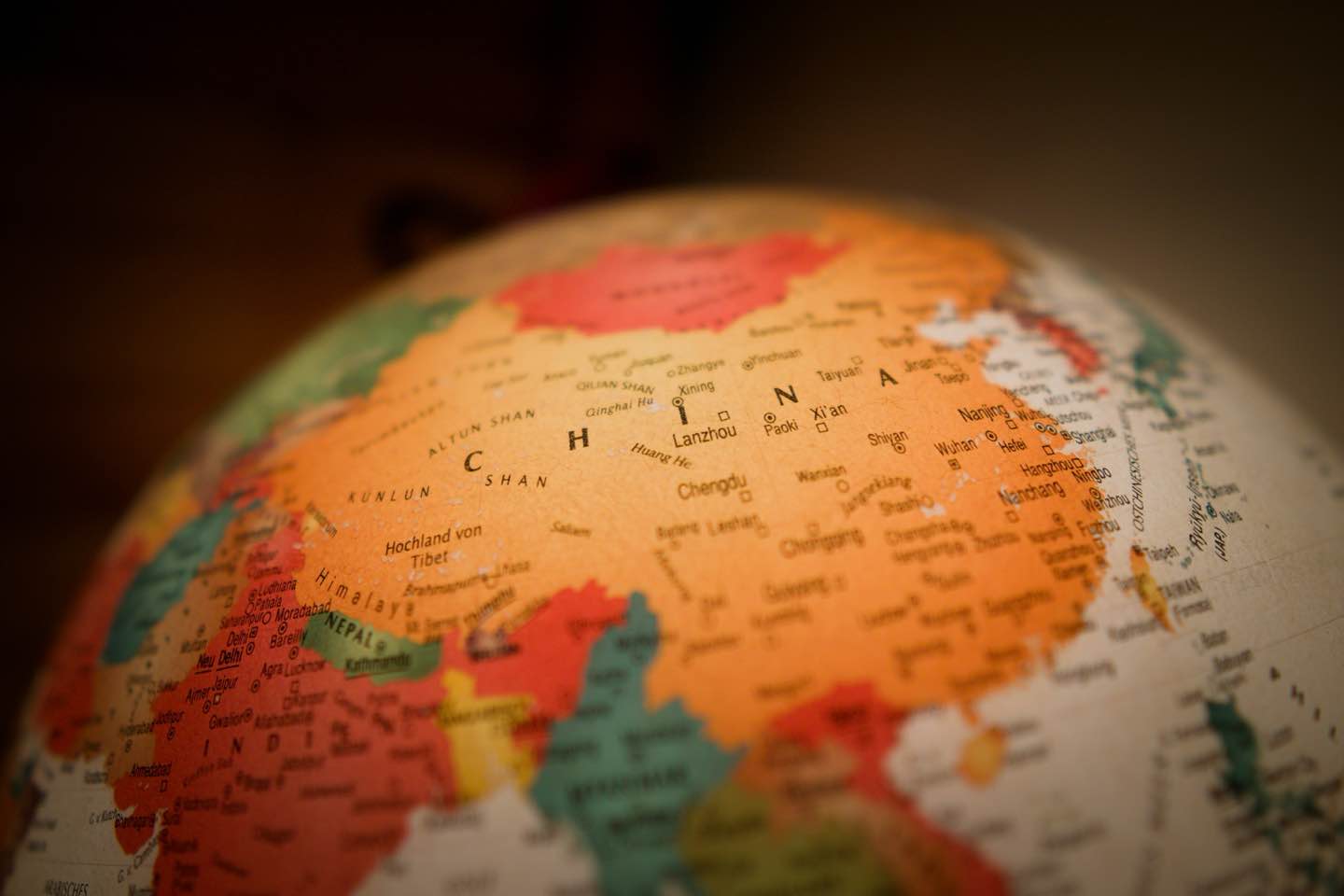
Why Are Chinese Students Facing US Visa Revocation?
The US, for political purposes, has increasingly subjected Chinese students to harassment, interrogation, and deportation without what appears to be just cause since 2019. Foreign Ministry spokeswoman Mao Ning conveyed the nation’s sentiment during a regular news conference in Beijing, asserting,
“The acts by the US far exceed the scope of normal law enforcement and have a strong ideological bias.”
These actions not only infringe upon the legitimate rights of these individuals but also disturb the normal cross-border travel between China and the US. China has expressed strong disapproval and opposition to these measures, standing firm on its position and making solemn demarches to the US.
The Cold War Mentality: A Barrier to Cultural Exchange
At the heart of these actions is what Mao Ning describes as a “Cold War mentality” held by certain individuals in the US. This mindset has led to an overreaching concept of national security, culminating in selective, discriminatory, and politically motivated law enforcement actions against Chinese students. Such measures starkly contrast with the US’s portrayal of itself as a nation open to cultural and people-to-people exchanges, welcoming Chinese students to its academic institutions.
The Consequences of Policy Shifts
The unfair treatment of Chinese students poses a threat to the long-standing educational exchange between the two nations. Washington’s stance has already begun to divert students’ interest from the US to other developed countries. This shift could inevitably harm US interests, considering Chinese students represent a significant body of international students, which in turn, are a major source of revenue for the country’s educational institutions and a key source of foreign talents.
For decades, influencing young Chinese people to view the US as a friendly and open country beneficial to the enhancement of Sino-US relations was a strategic goal of the US administration. However, recent actions suggest a departure from such initiatives, indicating a paradigm shift in the US’s China policy.
Navigating US Visa and Immigration Policies: What to Know
For Chinese students and scholars planning to study or work in the US, being cognizant of the current immigration policies and potential hurdles is crucial. It’s important to be prepared for any changes in visa applications or interviews, and students should ensure they have all the necessary documentation and understand their rights upon entering the US. For further information on navigating the US visa application process, the official US Department of State website provides authoritative advice and guidance.
Moving Forward
The relationship between the US and China, especially in the academic and cultural spheres, is at a critical juncture. While the challenges are evident, it’s essential for both nations to work towards fostering an environment of mutual respect and understanding. Promoting people-to-people exchanges and educational collaborations not only benefits the students and academic institutions involved but also contributes to a better understanding and cooperation between the two global powers. Ultimately, navigating these complex issues requires patience, diplomacy, and a commitment to open dialogue and exchange.
This Article In A Nutshell:
Recent US policy changes have led to Chinese student deportations and visa revocations, signaling strained US-China relations. The Cold War mentality influencing these actions undermines cultural exchange and impacts educational ties. Understanding US immigration policies, crucial for Chinese students, is key. Promoting mutual respect and dialogue is vital for fostering better US-China relations.



